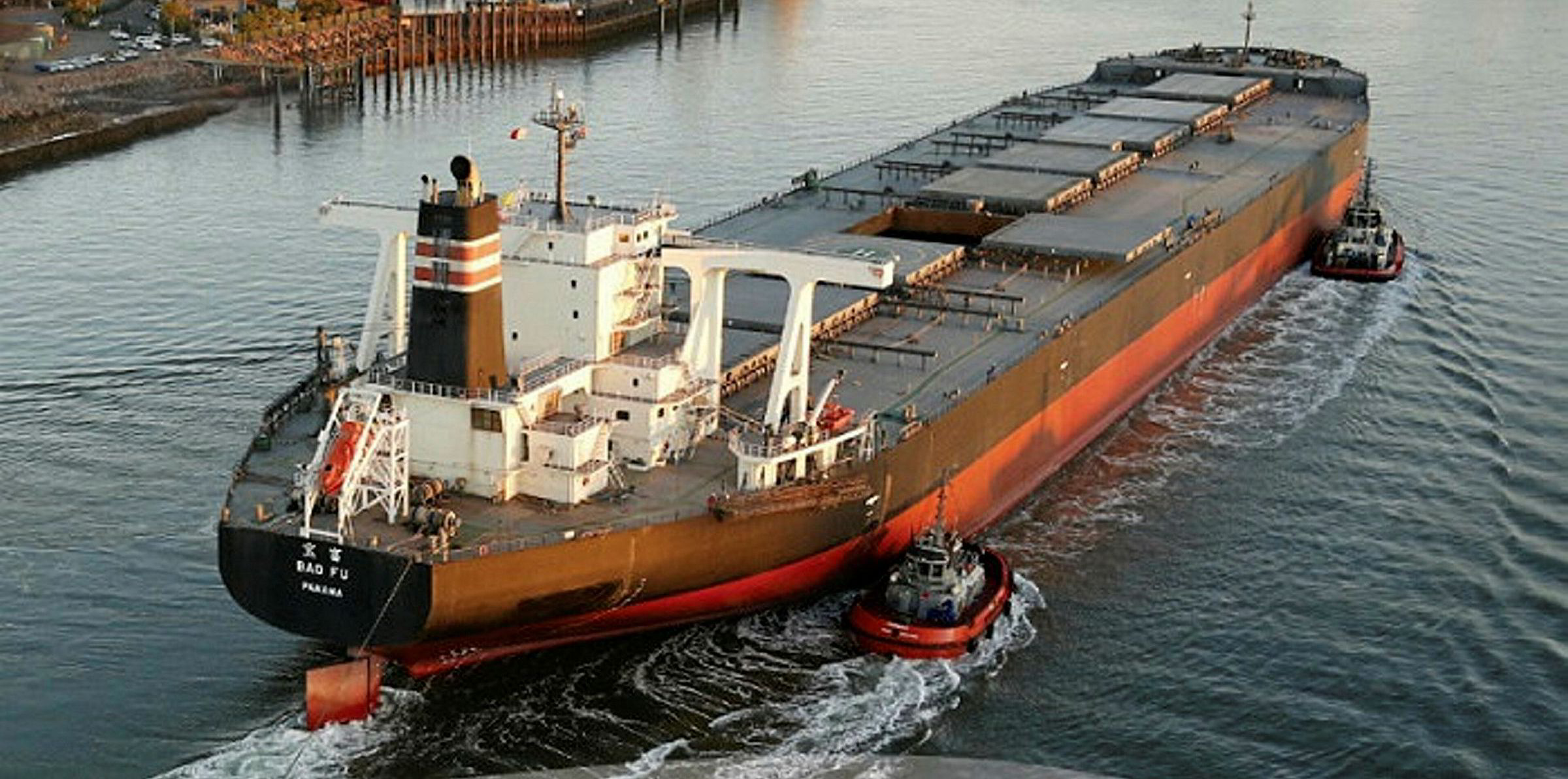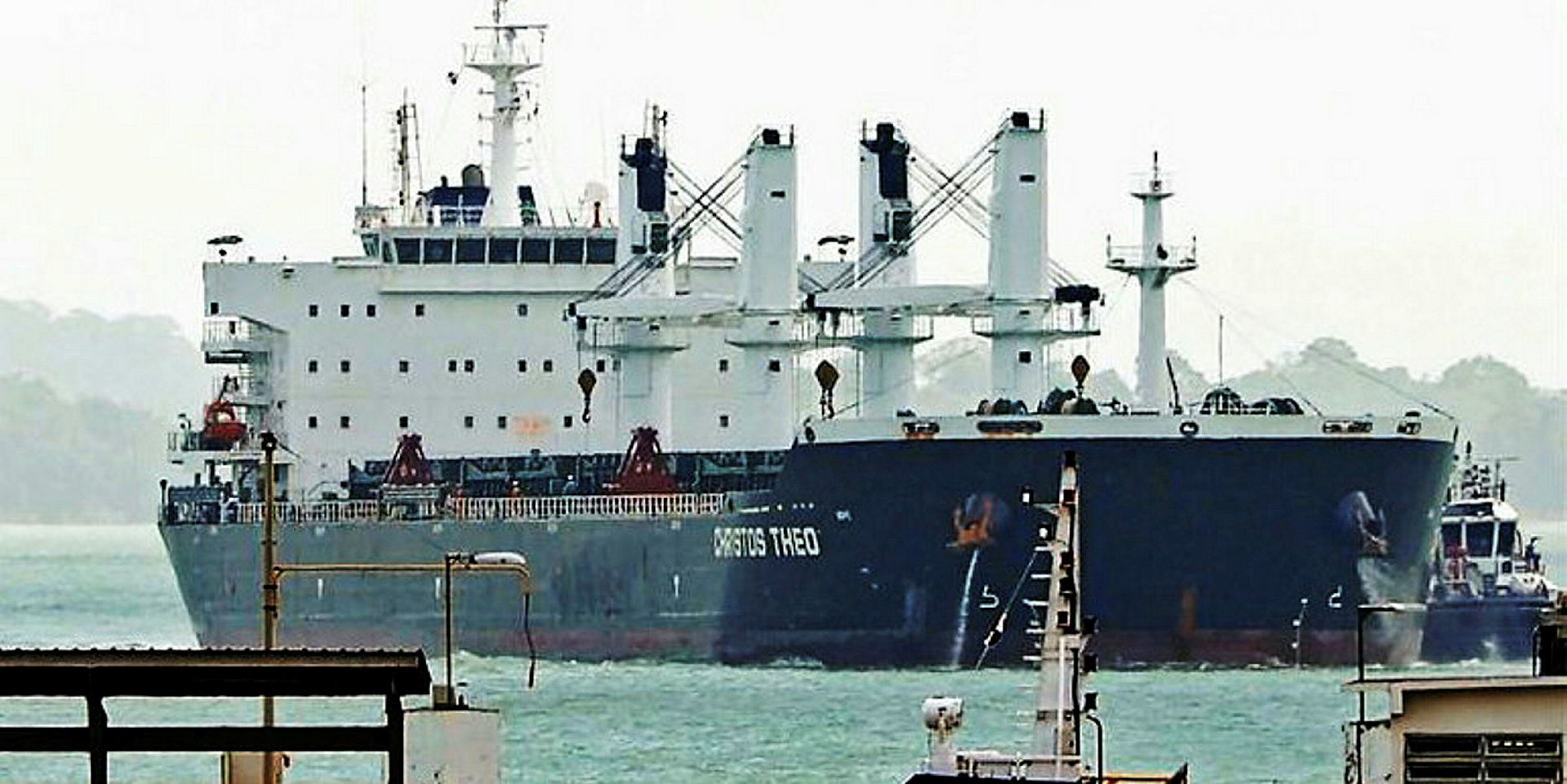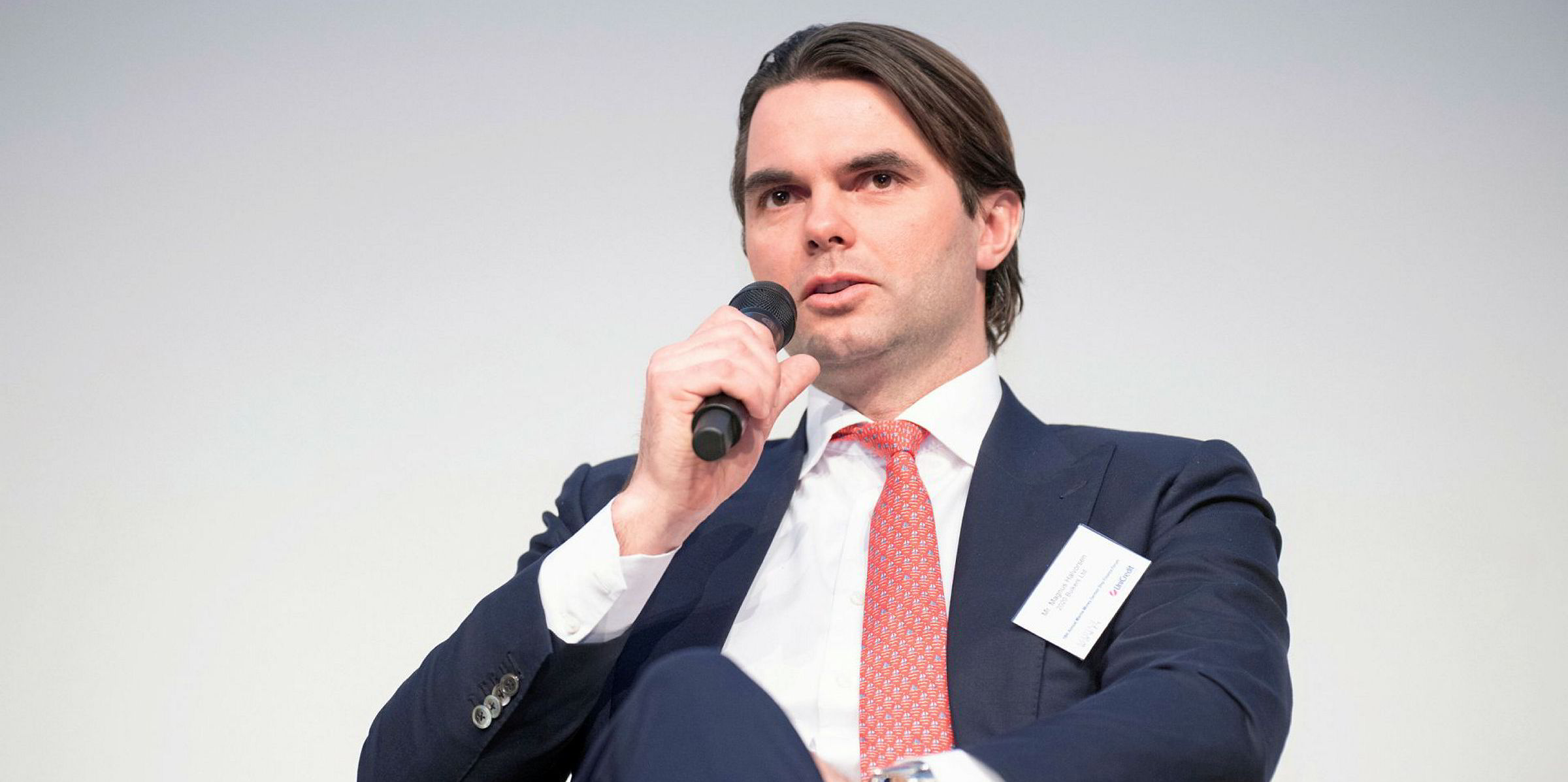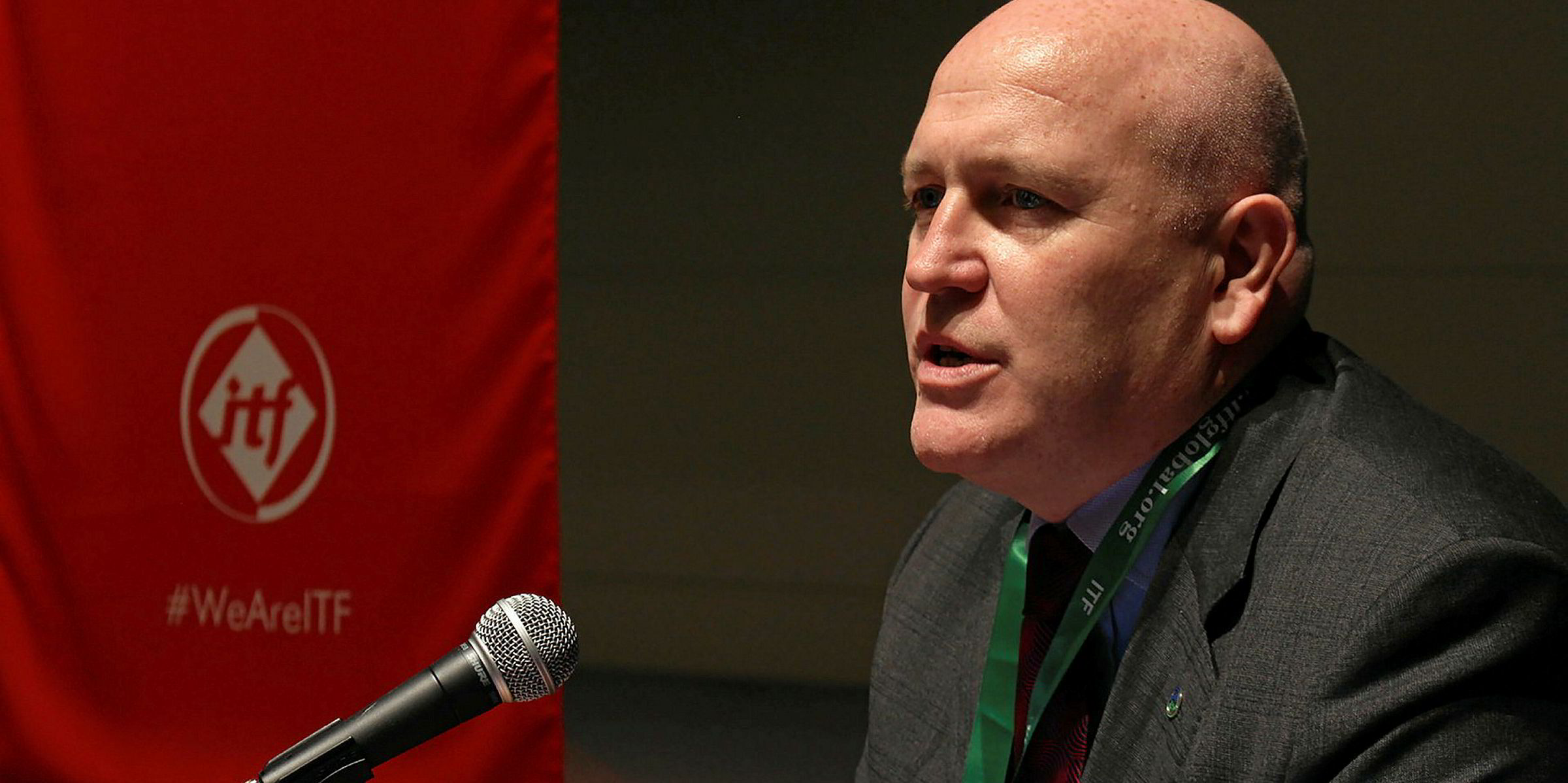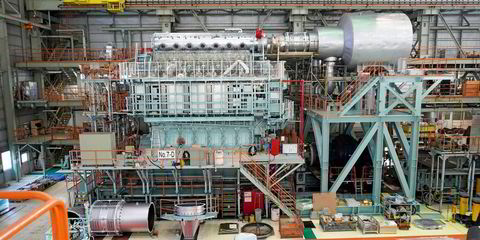It was another week of stagnant spot rates for capesize bulkers, held back by rudderless sentiment in the market.
The time charter average rate for the Baltic Exchange's five key capesize benchmarks has moved up by just $24 from Monday's level and the assessment has seen only minor fluctuations all week.
Earnings on the benchmark were assessed at $15,761 per day on Friday.
The market seems to be holding its breath, waiting for news that will bring more visibility.
"A drop in Chinese steel margins this week has resulted in less spot buying from iron ore traders," analysts from Clarksons Platou Securities said in a note on Friday.
"Even though there were a couple of fixtures reported in the capesize sector [on Thursday], the absence of fresh orders resulted in a typical 'wait and see' attitude among owners and charterers."
Clarksons Platou Securities thinks firm steel demand from China should support the capesize market for the rest of this year, "owing to stimulus measures to prop up the economy and generate demand for steel".
The Baltic Exchange, however, was more ambivalent in its daily market report on Friday.
"The market, now largely trading laycans for Q4, remains largely rudderless and susceptible to bursts of trading activity," it said.
"Cargo levels out of Brazil are said to be healthy with solid projections for the remainder of the year with iron prices still well above the $100 level. Yet there still seems no clear path for the market to have a traditional Q4 rally, yet."
East vs West
The Pacific saw a tussle between shipowners and charterers, with cargo interests winning out by Friday as sentiment waned slightly.
This was typified by activity on the Western Australia to China (C5) iron ore route, which saw a steady stream of fixtures throughout the week and settled on Friday at $7.082 per tonne.
The assessment is slightly up on Thursday's level but still $0.29 below where it was last Monday.
An unnamed capesize was fixed on the route on Friday to Fortescue Metals Group at $7.10 per tonne, loading from 2 October.
In the Atlantic, reported fixtures on the Brazil to China (C3) route were steady this week for laycans in October.
The route's freight-rate assessment has risen by $0.34 per tonne since Monday.
It was assessed on Friday at just over $16.29 per tonne, which is up by $0.04 on the previous day.
"The North Atlantic was largely inactive before a stronger fixture was heard which helped to lift spirits in the region. It still remains thinly traded and unconvincing," the Baltic Exchange said in its report on Friday.
On Friday, an unnamed capesize was reported fixed to German steel producer Salzgitter for an ore voyage from Saldanha Bay, South Africa, to Hansaport in Germany at $6.25 per tonne, basis 1.25% commissions, loading from 10 October.
The Baltic also touched on two rumoured fixtures in its report.
Mining giant Rio Tinto is rumoured to have fixed a capesize to Glencore for an iron-ore trip from Seven Islands, Canada, to China at $19.25 per tonne, loading from 4 October, the Baltic said, calling the fixture "a rare occurance".
Steel producer ArcelorMittal was said to have fixed an unnamed capesize for an iron ore run from Port-Cartier, Canada, to Kimitsu and Oita in Japan at $22.00 per tonne, loading from the beginning of October, according to the report.
Last Tuesday, the steel giant fixed an NYK capesize at $23.50 per tonne to carry iron ore from Port-Cartier to Lanshan, China.
